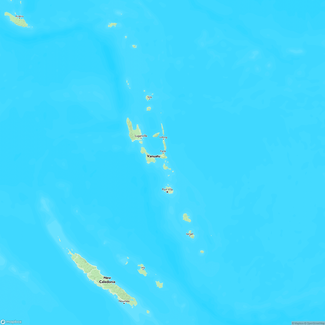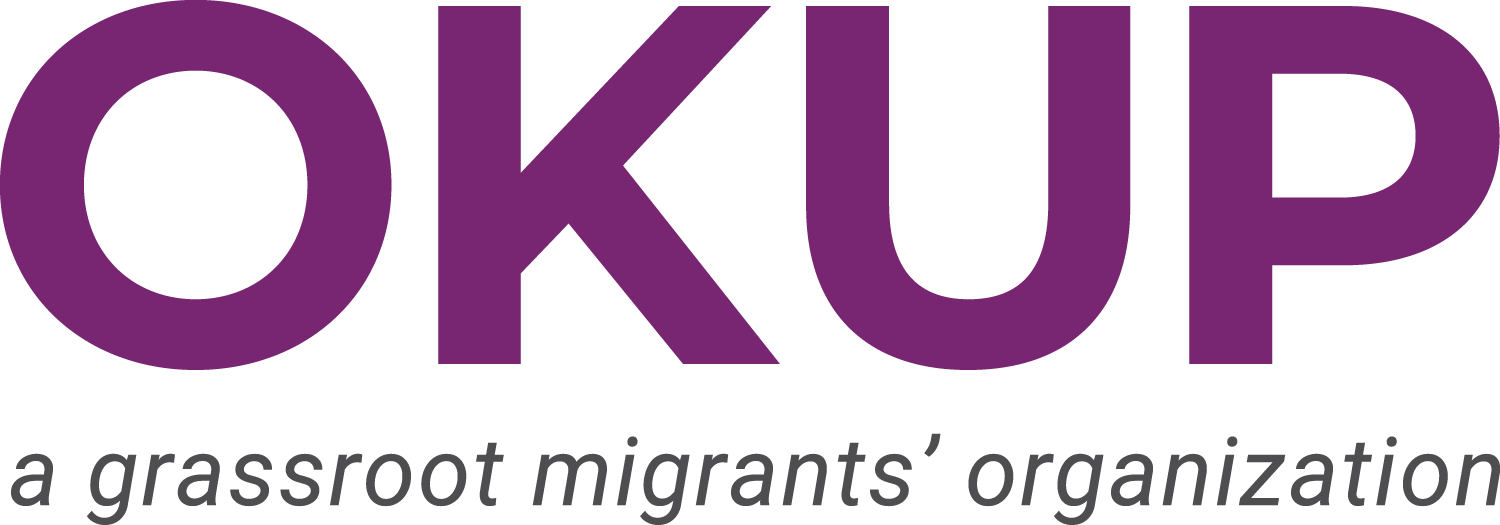The joint submission to the United Nations Special Rapporteur on trafficking in persons, especially women and children, was compiled by the Commonwealth Human Rights Initiative, Vanuatu Human Rights Coalition and Homes of Hope Fiji. It recognises that the effects of climate change increase the risk of modern slavery in small island developing states, where modern slavery is already prevalent and the effects of climate change are particularly acute. The effects of climate change and the consequent displacement amplify vulnerability to modern slavery, with women and girls particularly at risk.

Vanatu
Vanuatu, located in the South Pacific, faces several climate change-related challenges, including rising sea levels, extreme weather events, and ocean acidification.
Consequent negative impacts on agriculture and freshwater sources, infrastructure, marine ecosystems, and fisheries, as well as the overall country's economy, are disrupting the livelihoods of entire communities. There is a heightened risk of modern slavery in small island developing states due to these impacts. Women and girls are particularly vulnerable, as they are trafficked for forced sexual exploitation. The cultural gender norms and the patriarchal structure in some indigenous cultures exacerbate these risks. Vanuatu has introduced policies to support internally displaced people and resettlement.


